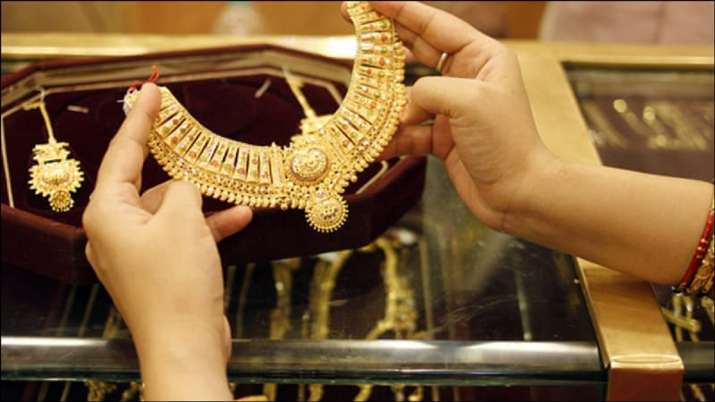Gold is a commodity that is subject to the same principles the world over. An ounce of gold is an ounce of gold and the gold spot price is the same everywhere. However, a lot of people lack the understanding of what the gold spot price is and how it is used. There is a popular misconception that when you buy gold, the spot price is the price of the physical trade of actual physical gold bullion. That is not the case.
What is the gold Spot Price?
On Average, over $200 billion worth of gold transactions take place on a daily basis. Of that, 76% of the physical gold trades happen on the London Bullion Market, which is an Over-the-counter Market. Over the counter traders are often affiliated with the London -Bullion – Market – Association (LBMA). Each day the LBMA sets a price based on the prices of gold futures. These are contracts for delivery of physical gold at some future date. As trade moves from London to New York, the “fixed” London price is adjusted to trade on COMEX, which is part of the New York Mercantile Exchange. Most trades are done electronically and don’t require immediate delivery of the gold so future trades play a big role in determining up-to-date prices. This means that the spot price is calculated on an electronic or paper market that is independent of the actual physical supply of gold. So when you are selling your gold coins or gold jewellery to gold dealers, the price you get for it will be based on the same electronic market. The gold price of what you have to sell is affected by the futures market that lies outside of the normal supply and demand issues.
Why is the gold price handled out of London?
This has something to do with the President Roosevelt’s outlawing the ownership of physical gold by private Citizens in 1933. American Citizens were required to turn their gold in for dollars. This forced trade out of the country and London became the centre of physical gold trades. However, when the laws were changed back in the 70s, allowing Americans to buy and hold gold again, the gold trade was already firmly entrenched in the LBMA.
When you are selling or buying gold, you are doing so at a price that is affected by future markets that have nothing to do with the supply and demand of gold. This is because futures can be settled with cash instead of actual physical gold. The spot price that gold dealers use represents an expectation of the future value of gold and not the actual price of physical gold at that very moment. The gold price, therefore, does not necessarily fluctuate in response to supply and demand, but on the expectation of what the future price will be. When you begin to understand that the price of gold fluctuates by the second on any ordinary day, you will see that there is an opportunity to make money as there is with any commodity. Trader and speculator activity can cause the market to swing considerably. As with other commodities, speculators are influenced by news events and various factors like politics, wars, etc. Gold investors look at intermediate and long-term factors. For instance, an increase in the industrial use of gold pushes the demand up but when you consider the increasing cost per ounce of gold affected by the discovery, recovery and refining of gold then you can see how the price is pressured to go up.
To gain some perspective of how much your gold is worth today or will be in the future, it pays to know and understand the factors that affect the setting of the gold spot price. When you decide to sell your gold, you might want to keep an eye on the trends that affect the price. You will notice that gold fluctuates a great deal. You may want to hold on to the gold if you believe that the long-term trends will remain bullish for a while.






